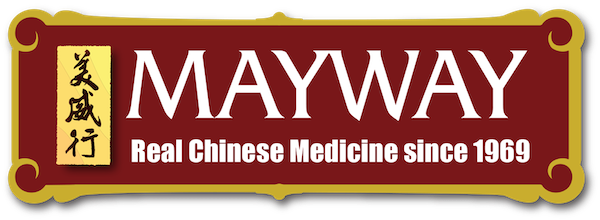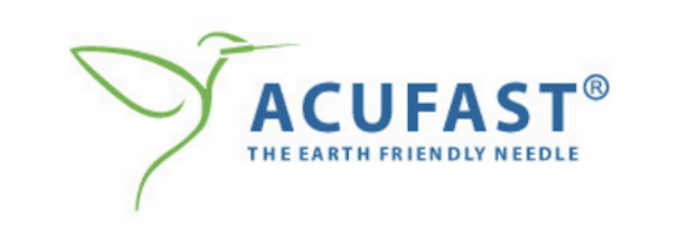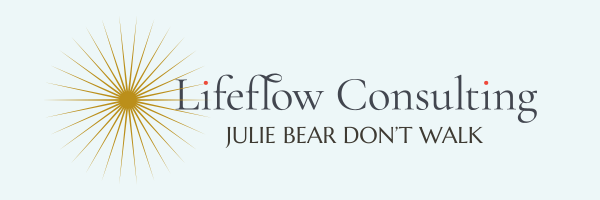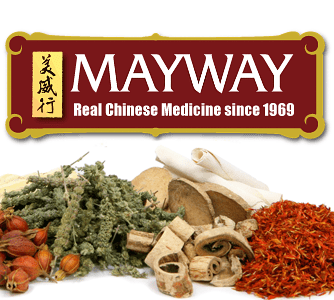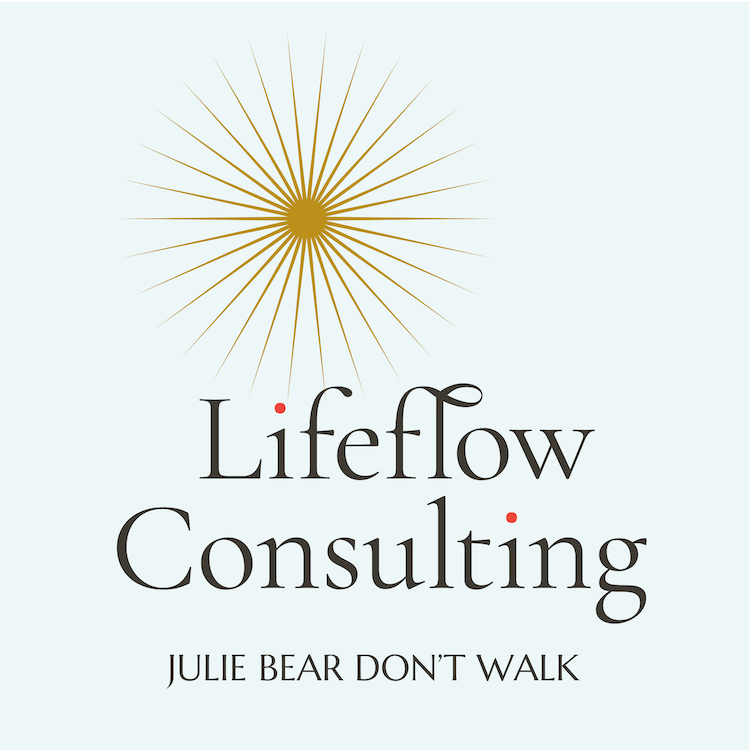For centuries books have been part of the transmission of knowledge from one generation to another. They have always been powerful tools for learning. Especially in the early days of Chinese medicine in the West, because of their rarity.
In this conversation with Bob Felt, one of the early publishers of Chinese medicine books in English, we take a journey back to a time when books on acupuncture were scarce, but curiosity and commitment were steadily increasing. Bob shares his story that began in the counterculture movement of the 1960s and that revolutionary spirit fueled a career that helped to bring important texts from the treasury of Chinese medicine into English.
Listen into this discussion as we explore the early days of macrobiotics, the challenges of publishing groundbreaking books, the evolution of acupuncture education in the West, and the ongoing need for practitioners to connect with their communities.
In This Conversation We Discuss:
- The rarity and significance of Chinese medicine books in the early days of its introduction to the West
- Bob’s journey from the 1960s counterculture movement into the field of publishing
- The challenges and rewards of translating and publishing Chinese medicine texts into English
- The role of macrobiotics in shaping Bob’s interest in Chinese medicine
- The evolution of acupuncture education in the West and its growing accessibility
- How curiosity and commitment fueled the early spread of Chinese medicine knowledge
- The influence of revolutionary and rebellious spirit on Bob’s career and contributions
- The importance of connecting practitioners with foundational texts and their historical context
- Insights into the collaborative process of publishing, including working with translators and authors
- How books became a bridge between Eastern and Western medical traditions
- The ongoing need for community and mentorship within the Chinese medicine field
- Reflections on the enduring impact of early publishing efforts on today’s Chinese medicine practices
The best support for clinical practice is to know what the Chinese authors meant when they used a concept.
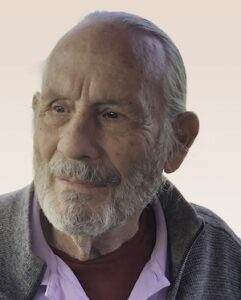 I’m an old hippie. After a year in jail for marijuana, I was tossed out of college with a BA in Humanities. Because of my history of draft resistance, psychedelic adventuring and Vietnam protests, the one job I could get was with a start-up computer firm. I became very well paid and studied technical writing, computer programming and management at graduate school.
I’m an old hippie. After a year in jail for marijuana, I was tossed out of college with a BA in Humanities. Because of my history of draft resistance, psychedelic adventuring and Vietnam protests, the one job I could get was with a start-up computer firm. I became very well paid and studied technical writing, computer programming and management at graduate school.
As soon as I finished government supervision, my group of friends and I moved to Boston to study Macrobiotics with Michio Kushi. After three years, with two partners and my mother’s “egg money,” I bought the books and furnishings of bankrupt macrobiotic bookseller Tao Books at a public auction. This became the Redwing Book Company. Although for the first couple of years I needed to travel teaching massage, manage a start-up and restore a bankrupt food company, Redwing became capable of (barely) supporting my partner, Martha Fielding, and myself full time.
By the late 70s, I had written software to manage mailing lists and produce catalogs without the expense of mailing houses and expensive production firms. This permitted a sweat-capital entry to publishing and distributing beginning with Tin Yao So’s “Black Book.” We then sold our retail stores to Shambhala Books and since then have concentrated on the publication of works in the fields of acupuncture and Chinese medicine.
I am continuing these projects at a much slower rate at my present age.
Links and Resources
Visit the treasure trove of books on East Asian medicine at www.redwingbooks.com.

